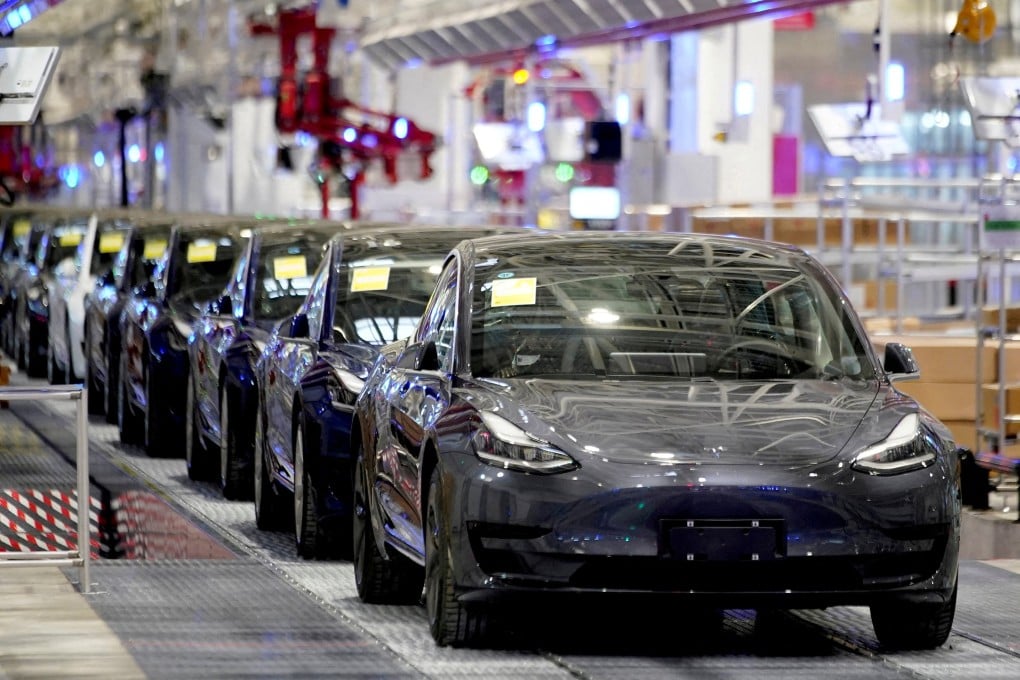Ukraine invasion sets back Musk’s dream for cheaper electric vehicles, for now
- Electric vehicles made up about 9 per cent of total global vehicle sales last year, and that share is expected to hit about 24 per cent by 2030
- Tesla raised the price for its least expensive Model 3 sedan by 18 per cent to US$44,990 since December 2020, as supply chain woes weigh

Surging raw materials costs, made worse by Russia’s invasion of Ukraine, could set back the dream of Tesla chief executive Elon Musk and other auto executives to roll out more affordable electric vehicles (EVs).
Rising prices of nickel, lithium and other materials threaten to slow and even temporarily reverse the long-term trend of falling costs of batteries, the most expensive part of EVs, hampering the broader adoption of the technology, said Gregory Miller, an analyst at industry forecaster Benchmark Mineral Intelligence.
And that is on top of a supply chain already snarled by the Covid-19 pandemic and the global chip shortage.
“Rising raw material prices certainly have the potential to delay the timeline on cost parity between EV and ICE vehicles, which could hamper the wider adoption of EVs,” Miller said, referring to internal-combustion engine vehicles that dominate the market.
This year could mark the first year-over-year increase in the average price of lithium-ion battery cells, he said.
